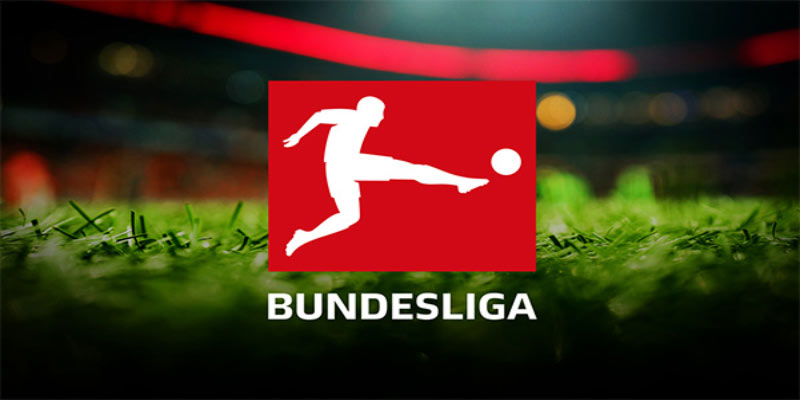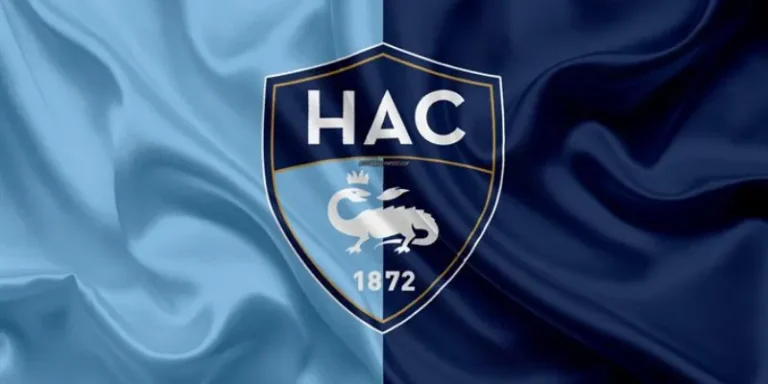
Why the Bundesliga Reigns Beyond German Borders
The Bundesliga isn’t just Germany’s top football league—it’s a thrilling spectacle that captivates fans across continents. Known for its electric atmospheres, goal-packed matches, and talent-driven teams, the Bundesliga blends tradition with modern intensity. From the roaring Südtribüne to clubs like Bayern Munich and Borussia Dortmund rewriting football narratives, this league pulses with drama and innovation. But it’s more than just scores and standings—it’s a cultural powerhouse, shaping the future of the sport. In this deep dive, we explore how the Bundesliga became a magnet for global attention and why it continues to redefine the game’s rhythm season after season.
Key Players to Watch in the Bundesliga 2023 Season
As we approach the 2023 season, the Bundesliga features an array of talented athletes, each ready to shine and create unforgettable moments. This section highlights some of the key players worth watching.
The Elusive Forward: Erling Haaland
Though he has left for Manchester City, Erling Haaland’s impact on the Bundesliga is undeniable. Prior to his departure, he regularly amazed spectators with his goal-scoring prowess. His lethal striking ability and physical attributes redefined the role of a modern striker within the Bundesliga.
Haaland’s explosive style of play captivated fans and elevated the Borussia Dortmund brand globally. Observing players of his caliber will continue to inspire aspiring forwards across the league, raising the standard of talent nurtured within the Bundesliga.
The Maestro: Joshua Kimmich
Joshua Kimmich, a pivotal midfielder for Bayern Munich, embodies the modern footballer. Combining defensive acumen with offensive vision, Kimmich has redefined the midfield role in German football, commanding the center of the park with authority.
His tactical intelligence allows him to dictate the tempo of games, whether breaking up opposition attacks or initiating plays. Kimmich’s all-round abilities make him a player to watch, while he also serves as a leader in the Bayern dressing room.
The Rising Star: Florian Wirtz
Florian Wirtz of Bayer Leverkusen is often heralded as one of the brightest young talents in world football. With dazzling dribbling skills and an innate ability to pick a pass, he has quickly become a linchpin in Leverkusen’s attacking setup.
Wirtz’s performances in the 2023 season are expected to solidify his stature not just in the Bundesliga, but worldwide. His link-up play and creativity promise to keep fans enthralled as he helps his club push for high accolades.
The Dynamic Duo: Andréj Kramarić and Patrik Schick
The combination of Kramarić and Schick emphasizes the exciting attacking philosophy of 1899 Hoffenheim. Both strikers bring a versatile, mobile playing style that can defeat any defensive unit.
With Kramarić’s clever movements and Schick’s finishing ability, Hoffenheim becomes a team to be feared. Fans should watch for their contributions as they aim for European qualification, providing thrilling moments throughout the season.
Bundesliga Tactics: How Teams Play the Game
The Bundesliga is celebrated for its tactical diversity, where teams embrace unique playing philosophies and strategies. Understanding the various styles not only enhances appreciation for the league but also provides insights into future matches.
High Pressing: A Signature Tactic
Numerous Bundesliga teams employ high pressing as a fundamental tactic. This style emphasizes a proactive approach to regain possession quickly upon losing it. The philosophy has been popularized by teams focused on maintaining intense defensive pressure on opponents.
Clubs such as RB Leipzig and Borussia Dortmund are exemplary of this tactic. Their ability to win the ball back quickly creates goal-scoring opportunities and disrupts the opposing team’s rhythm. High pressing requires exceptional stamina and coordination, showcasing how teams leverage tactical sophistication.
Possession-Based Play
Some teams, particularly Bayern Munich, favor a possession-based approach, focusing on maintaining ball control and building intricate plays. Possession football provides a platform for teams to control match tempo, dictate the game, and create opportunities through meticulous build-ups.
Coaches like Julian Nagelsmann have refined this approach, employing formations that enhance smooth transitions from defense to attack while prioritizing quick passes within tight spaces. Such tactical adaptations elevate the execution of possession-based strategies, affecting how players contribute collectively.
Counter-Attacking Football
The beauty of the Bundesliga also lies in the counter-attacking ability displayed by various outfits. Teams like Bayer Leverkusen and TSG Hoffenheim can capitalize on the slightest defensive errors and create swift offensive plays.
Counter-attacking football requires tactical awareness, technical proficiency, and sharp decision-making from players. Teams can turn defensive positions into attacking opportunities in seconds, creating exhilarating moments that resonate with fans across stadiums.
Varied Formations and Strategies
The Bundesliga offers a kaleidoscope of formations. From the commonly adopted 4-2-3-1 to more adventurous approaches like 3-5-2, each formation brings its own flavor to the pitch. The versatility enables managers to adapt strategies based on opposition strengths and weaknesses.
Clubs across the league continuously learn and evolve; fluid formations are indicative of this adaptability. The tactical battle among managers showcases the intellectual engagement that accompanies the sport, cementing the Bundesliga‘s reputation as a compelling tactical theatre.
The Evolution of Bundesliga: From Formation to Today
The Bundesliga’s evolution recounts a gripping narrative from its inception to present-day excellence. As the league matured, so did its structures, philosophies, and rules, shaping how football is perceived.
Establishment and Early Days
The Bundesliga was formed in 1963 to unify German football. Prior to its inception, the footballing landscape was fragmented into various regions. The introduction of the Bundesliga established a singular platform for competition, paving the way for greater exposure both domestically and internationally.
The league quickly gained admiration for its competitive structure. Match attendance surged as clubs emerged from the shadows to contend for glory, capturing the hearts of passionate fans. The influx of talented players who now had a national competition to play in created a ripple effect across European football.
Modernization and Global Expansion
Entering the 1990s and early 2000s, the Bundesliga underwent modernization. Television deals and sponsorships brought unprecedented financial resources to clubs, enabling them to invest in player development and infrastructure.
With burgeoning investment, German clubs expanded their reach internationally, establishing partnerships with clubs around the world. The Bundesliga began attracting famous players and coaches, further bolstering the league’s reputation.
Tactical Innovations and Success
The turn of the millennium heralded significant tactical innovations within German football. Coaches began emphasizing technical proficiency, fitness, and strategic training. The success of the national team in the 2014 World Cup served as a catalyst for the Bundesliga‘s growing prominence on the international stage.
Styles of play diversified with the implementation of pressing, possession, and tactical formations. Coaches like Jürgen Klopp and Julian Nagelsmann revolutionized tactics, captivating audiences worldwide while fulfilling the thrill factor crucial to matchday experiences.
Ongoing Evolution in Broadcasting and Fan Engagement
In the digital age, the Bundesliga has embraced technological advancements in broadcasting and fan engagement. Enhanced viewing experiences and virtual platforms have extended the league’s reach, allowing global fans to experience live matches in innovative ways.
The clubs have also emphasized community ties, reinforcing affordable ticket pricing, which nurtures local support. This ongoing evolution continues to contribute to the Bundesliga‘s reputation as an accessible and engaging league, attracting diverse audiences across the globe.



